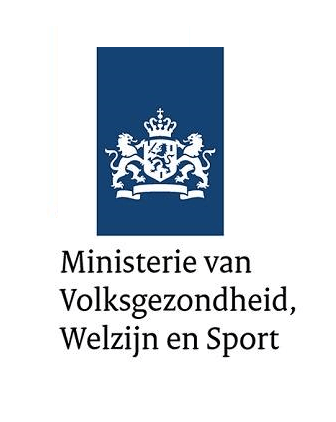The study on the experiences with Applied Behavior Analysis (ABA) therapy in the Netherlands has now been completed. The client (The Dutch Ministry of Health, Welfare and Sport) has reviewed the report. On Friday, April 12, 2024, the report was forwarded by the ministry to the House of Representatives.
Survey of experiences with ABA therapy
This means that the report may be made public by us. The report can be read here: ABA report
The study aimed to gain insight into both positive and negative experiences of people with autism, parents and care professionals who have come into contact with ABA therapy. In addition, we wanted to better map which forms of ABA are offered in the Netherlands.
For questions, please email info@nederlandsautismeregister.nl
Reason
Applied Behavior Analysis (ABA) is an umbrella term for a form of treatment for children with autism. In recent years, ABA has come under increasing criticism in the Netherlands. The criticism focuses mainly on the alleged pursuit of "normality" and the use of coercion and punishment. In early 2023, a discussion arose on social media about ABA as a result of critical posts by the LBVSO (Leerlingen Belang Voortgezet Special Onderwijs). LBVSO received a variety of complaints about ABA, ranging from physically punishing children to experiencing mental symptoms after treatment. Research was commissioned by the Dutch Ministry of Health, Welfare and Sport. The study is about the experiences with ABA among autistic adults, parents and caregivers. These experiences were collected through focus groups (group discussions) and questionnaires.
The results
Several ABA methods were reported, mainly in children. The most common methods were Applied Behaviour Analysis, Pivotal Response Treatment, Parent Management Training and Early Behaviour Intervention. The duration and intensity of the treatments varied. These treatments were initiated because of various problems, such as social communication problems, language and communication delays, sensory processing problems, attention problems and toilet training problems. Treatments were often given by behaviourists, remedial educators, psychologists and educational staff. Although healthcare professionals indicated that parents were often involved, this was not always the case according to almost a quarter of adults with autism and their parents/representatives.
Six main themes emerged from the focus groups: the theory and definition of ABA, application of ABA, positive experiences, concerns about ABA, the care landscape and quality control. Although ABA was generally recognised as an evidence-based intervention, there were concerns about its interpretation and correct application. According to participants, punishments should not be used in treatment and rewards should be meaningful to the child. Despite reported positive outcomes, some participants expressed concerns about the intensity and potential psychological strain and consequences of ABA treatment, including anxiety and trust issues. While some adults with autism and parents advocated for a ban on ABA, other parents and healthcare professionals stressed the need for a personalised approach that takes into account individual needs, implementation quality and ethics.
Conclusion
Overall, autistic adults were more likely to be negative about ABA treatment than parents, legal representatives and health care professionals. For example, they gave the ABA treatment an average of 4.9 while parents and legal representatives gave an average of 6.9. Adults with autism who had received the treatment longer ago were less satisfied. Adults with autism were more likely than parents/representatives to say that the ABA treatment had a negative impact on their self-image/self-confidence, daily functioning and parent-child relationship. Parents and representatives were more likely than adults to say the treatment had a positive impact on their child's self-image/self-confidence, daily functioning, and parent-child relationship. Among participants without personal ABA experience, a greater proportion were negative than positive. There was no significant difference in satisfaction with different ABA methods (such as PRT or DTT).
For more information, please see the report.



